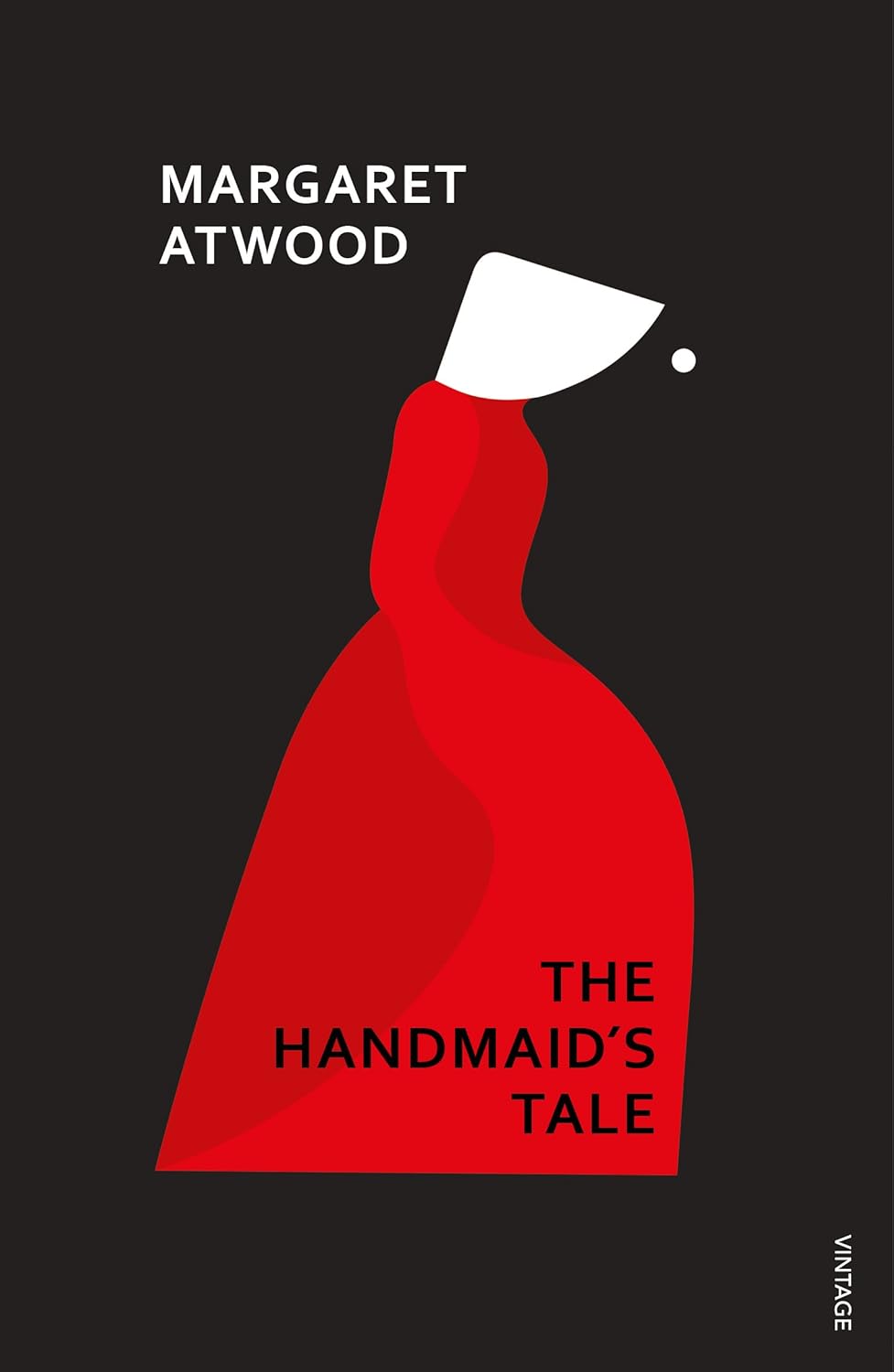
Availability
available
Original Title
The Handmaid‘s Tale
Subject & College
Publish Date
1985-01-01
Published Year
1985
Publisher, Place
Total Pages
311
ISBN 13
978-0385490818
Format
Hardcover /E-book
Country
Canada
Language
English
Average Ratings
Readers Feedback
The Handmaid‘s Tale
Moghe Avisha,F.Y.B.Tech. Computer,MKSSS's Cummins College of Engineering for Women,Pune Margaret Atwood‘s The Handmaid's Tale is a haunting, dystopian novel that explores the intersection of power,...Read More
Moghe Avisha
The Handmaid‘s Tale
Moghe Avisha,F.Y.B.Tech. Computer,MKSSS’s Cummins College of Engineering for Women,Pune
Margaret Atwood‘s The Handmaid’s Tale is a haunting, dystopian novel that explores the intersection of power, gender, and control in a totalitarian society. Set in the near future in the Republic of Gilead, a theocratic and militaristic society, The Handmaid’s Tale follows the life of Offred, a woman who is forced into the role of a “handmaid”. In Gilead, fertility has become scarce due to environmental degradation and disease, and fertile women are controlled and coerced into breeding for the ruling class. The book shows about the rigid, oppressive society in which she lives, marked by strict social divisions, surveillance, and brutal punishments. Offred constantly reflects on her memories of freedom, her family, and her previous life before the rise of Gilead‘s regime, which has effectively erased her rights, her name, and her agency. The novel follows her internal rebellion, as she seeks to regain control over her own life, despite the ever-present risks of defying the regime. Atwood‘s novel tackles several complex and interwoven themes, including gender oppression, the abuse of power, identity, and freedom. The novel’s tone is somber and reflective, mirroring Offred‘s internal journey and her struggle to retain a sense of herself in an oppressive world. It continues to talk about the questions of human rights and equality in modern society. This is not just a work of dystopian fiction bit it is a cautionary tale about the fragility of freedom, the persistence of resistance, and the power of hope.
